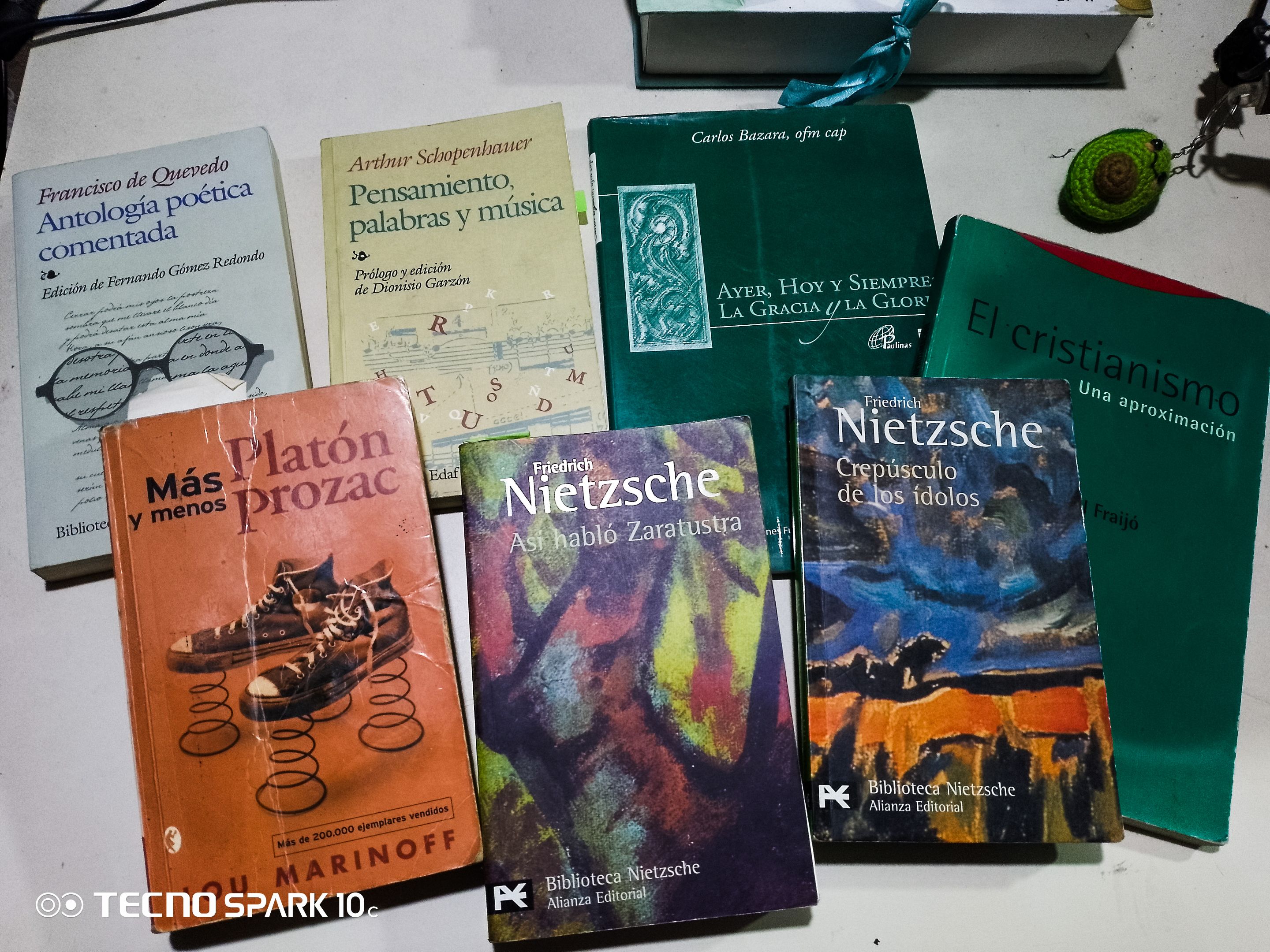
Fotografía propiedad del autor
Se bien que existe la comunidad de libros (Hivebookclub), debo confesar hace rato no le doy un vistazo y pues las próximas líneas podrían bien estar destinadas para dicha comunidad he decidido alojar este artículo acá en Humanitas para responder a uno de los temas que se nos invitan a reflexionar con su iniciativa.
Se nos invita a responder a la pregunta:
¿Qué libros cambiaron mi visión de la humanidad y por qué?
Aunque he leído muchos libros en mi vida, con pesar debo decir que no han sido suficientes, aunque dudo que haya algo como “suficiente” cuando se trata de la lectura. Sin embargo, ha habido muchos que han dejado una semilla, una idea, una cosmovisión, y que han influenciado en la manera en la cual puedo percibirme y comprenderme, en el fondo cuando leemos no leemos un texto, sino que nos leemos en el texto, de ese modo podemos conocernos un poco más con cada párrafo.
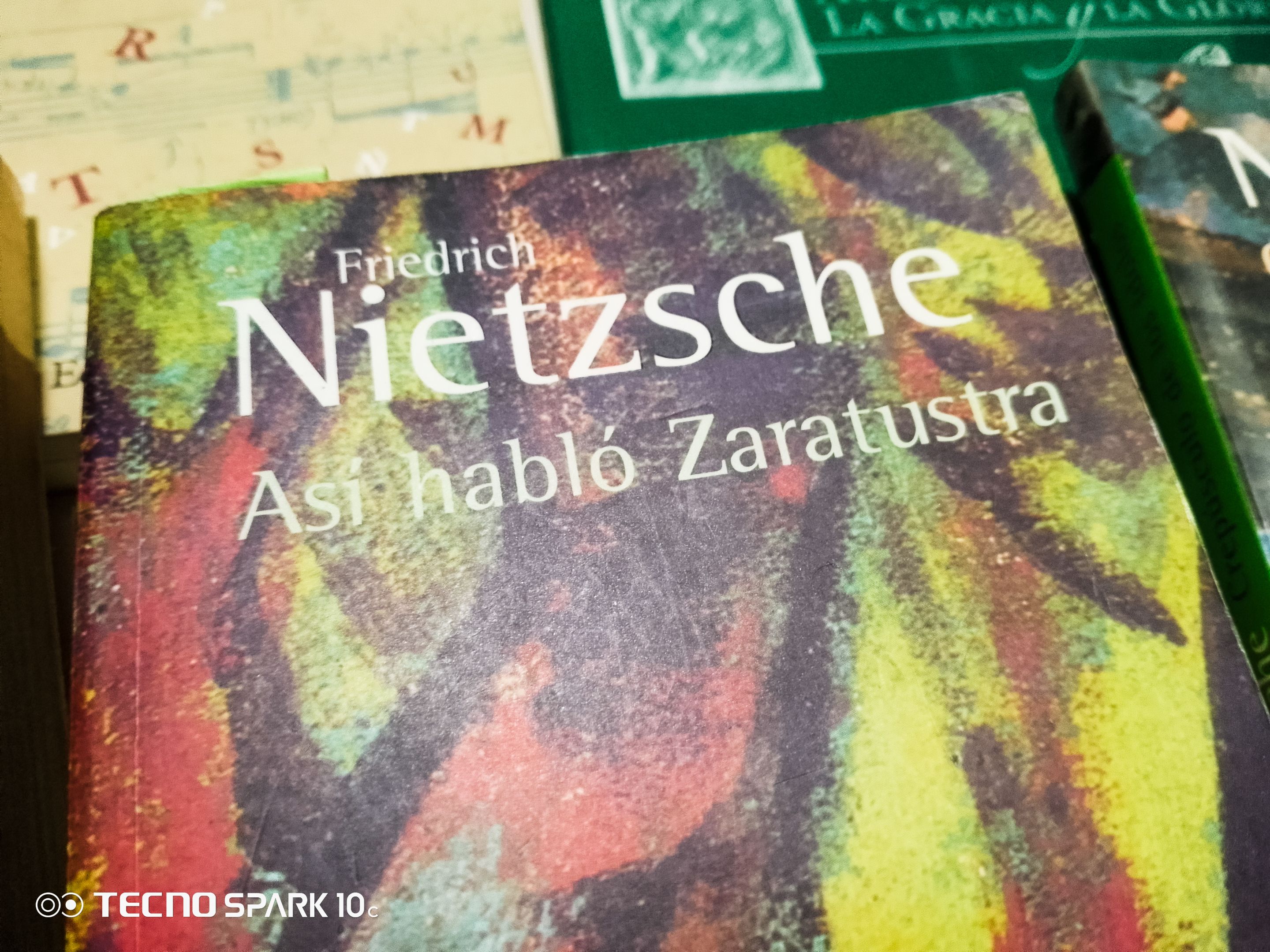
Creo que podría hacer una enorme lista, desde Homero hasta Byung-Chul Han (por nombrar algún filósofo contemporáneo), pero, mirando un poco mis estantes de libros, tomé algunos que en lo personal han contribuido en lo que hoy soy y que han aportado de un modo u otro el sentido de lo humano.
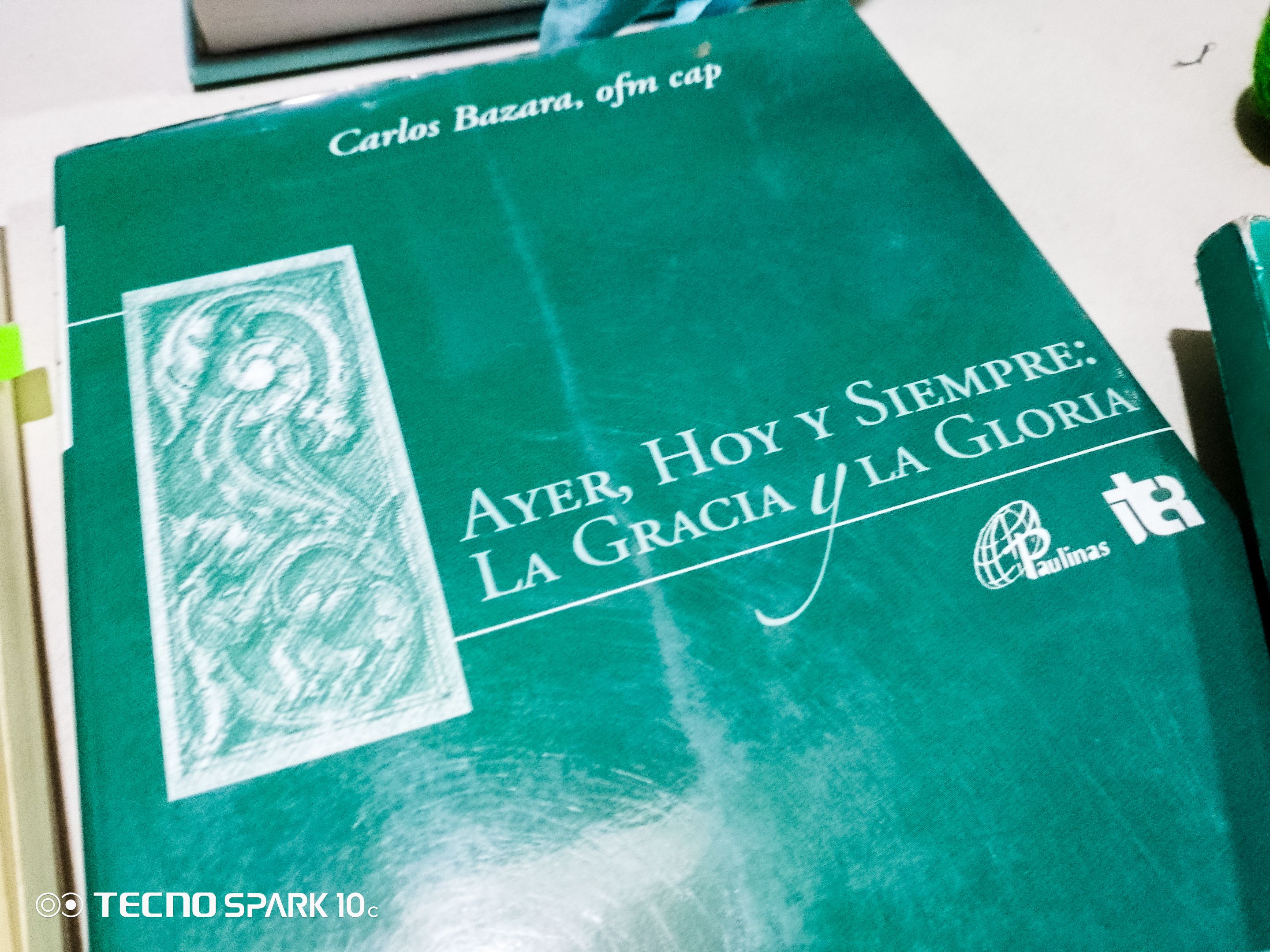
- El Cristianismo, una aproximación de Manuel Fraijó
- Ayer, hoy y siempre. La Gracia y la Gloria de Carlos Bazara OFM
- El Crepusculo de los ídolos de Friedrich Nietzsche
- Así habló Zaratustra de Friedrich Nietzsche
- Más Platón y menos Prozac de Lou Marinoff
- Pensamiento, palabras y música de Arthur Schopenhauer
- Antología Poética Comentada de Francisco de Quevedo
Cada uno de estos textos (y muchos más) han edificado un poco de lo que puede ser mi idea de humanidad y aunque no me detendré a comentar uno a uno porque sería una publicación demasiado extensa y creo que no sería demasiado conveniente.
Pienso que la humanidad carece de una naturaleza fija determinada, sino que en cambio habría que hablar de una condición humana. Condición rica en perspectivas como la social y la espiritual o dicho de otro modo, lo que puedo decir de los otros y lo que puedo decir de mí respectivamente.
Y de cara a lo espiritual podemos edificar sistemas profundamente complejos y abstractos que intentan simular o acercar lo complejo y abstracto de una naturaleza suprasensible de la que todo depende y de donde proviene todo lo que es. En ese sentido, habita la necesidad de pensar y repensar lo que soy frente a mí mismo y frente al mundo.
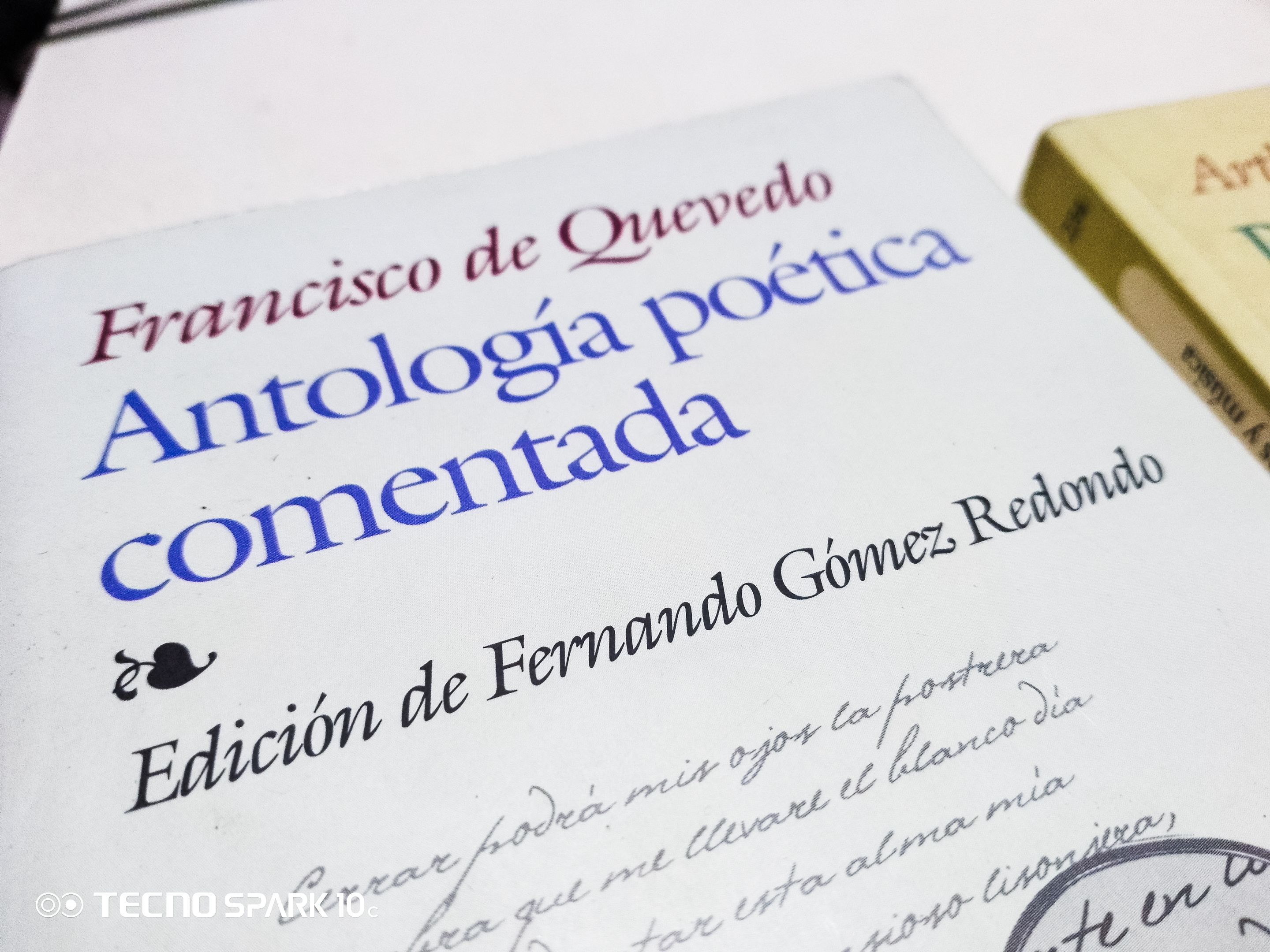
Por otro lado, entender que todo responde de algún modo a eso que soy y eso que soy responde al mundo, y aunque parezca un razonamiento en círculo, no lo es del todo. Habría que saber que lo que soy, es influenciado por el mundo, y el mundo lo percibo desde lo que soy, entendiendo que el mundo es como es, una realidad que no depende en sentido estricto de mí.
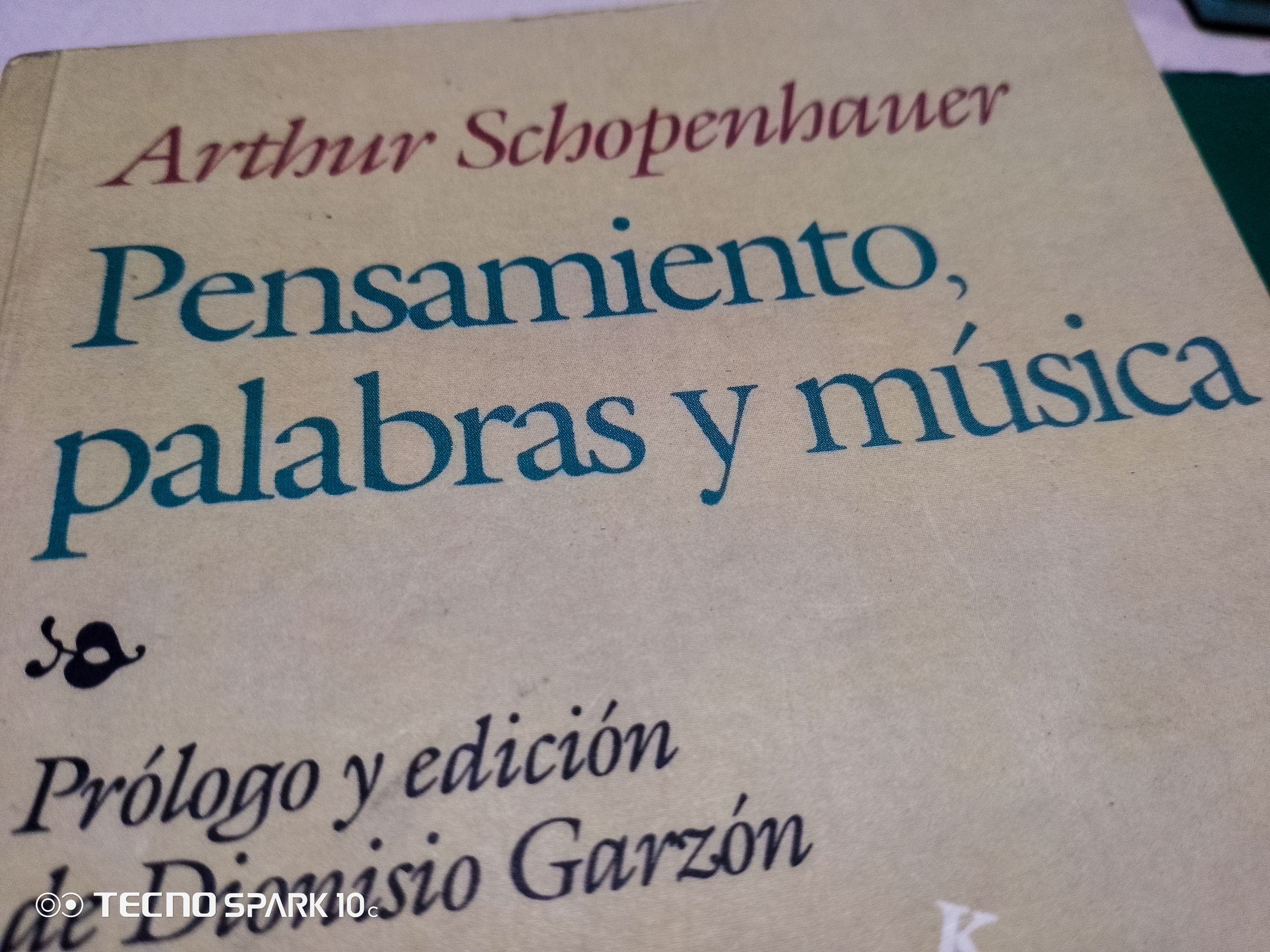
Asimismo, tanto la filosofía aplicada como la poesía, son manifestaciones de lo que me digo a mi mismo como narración en edificación, me sugiere cierta sensibilidad y lo que el mundo es, carente de las características del ser de Parménides nos interpela.
No se si con estás líneas respondo al por qué. pero, creo si respondo al registro de los textos que me parecieron importantes para mi, a pesar de haber dejado por fuera un montón de libros.
ENGLISH VERSION
ENGLISH VERSION (click here!)
# Books that have influenced me  I am well aware of the existence of the book community (Hivebookclub), I must confess that it has been a while since I last took a look at it and since the next lines could well be intended for this community, I have decided to host this article here in Humanitas to respond to one of the topics that we are invited to reflect on with your initiative. **We are invited to answer the question:** *** What books changed my view of humanity and why?*** Although I have read many books in my life, with regret I must say that they have not been enough, although I doubt that there is such a thing as “enough” when it comes to reading. However, there have been many that have left a seed, an idea, a worldview, and that have influenced the way in which I can perceive and understand myself, in the end when we read we do not read a text, but we read ourselves in the text, in that way we can know ourselves a little more with each paragraph.  I think I could make a huge list, from Homer to Byung-Chul Han (to name a contemporary philosopher), but, looking at my bookshelves, I took some books that personally have contributed to what I am today and that have contributed in one way or another to the sense of what is human.  - Christianity, an approach by Manuel Fraijó - Ayer, hoy y siempre. La Gracia y la Gloria by Carlos Bazara OFM - El Crepusculo de los ídolos by Friedrich Nietzsche - Así habló Zaratustra by Friedrich Nietzsche - Más Platón y menos Prozac by Lou Marinoff - Pensamiento, palabras y música by Arthur Schopenhauer - Antología Poética Comentada de Francisco de Quevedo Each of these texts (and many more) have built a little of what may be my idea of humanity and although I will not stop to comment one by one because it would be too extensive a publication and I think it would not be too convenient. I think that humanity lacks a fixed determined nature, but instead we should speak of a human condition. A condition rich in perspectives such as the social and the spiritual or, in other words, what I can say about others and what I can say about myself respectively. And in the face of the spiritual we can build profoundly complex and abstract systems that try to simulate or approach the complex and abstract of a suprasensible nature on which everything depends and from which everything that is comes. In this sense, there is a need to think and rethink what I am in front of myself and the world.  On the other hand, to understand that everything responds in some way to that which I am and that which I am responds to the world, and although it may seem to be a circular reasoning, it is not entirely so. It would be necessary to know that what I am is influenced by the world, and the world I perceive from what I am, understanding that the world is as it is, a reality that does not depend in a strict sense on me.  Likewise, both applied philosophy and poetry are manifestations of what I say to myself as a narrative in edification, it suggests to me a certain sensibility and what the world is, lacking the characteristics of the being of Parmenides interpellates us. I do not know if with these lines I am answering the why, but I think I am answering the register of the texts that seemed important to me, in spite of having left out a lot of books. *Translated with DeepL.com (free version)*
*** *Si deseas apoyar mi trabajo acá puedes enviar un tip* *If you wish to support my work here you can send a tip.* *** - Bitcoin *Lightning Network*: filoriologo@sats.v4v.app - Bitcoin: 1Sarz4FYPMDGmEUL8DsAQYHKZSVazAaFk - BINANCE ID: 4072493  | [X](https://x.com/FiloRiologo?t=KwqSCxo_stO89jFXp1QBoQ&s=09) | [Instagram](https://www.instagram.com/filoriologo?igsh=cW9nYm9jN3V4aGky) | [Medium](https://medium.com/@filoriologo) |[Telegram](t.me/filoriologo) | [LinkedIn](https://www.linkedin.com/in/cesar-díaz-885a0a183/) | [INLEO](https://inleo.io/profile/filoriologo/blog) |